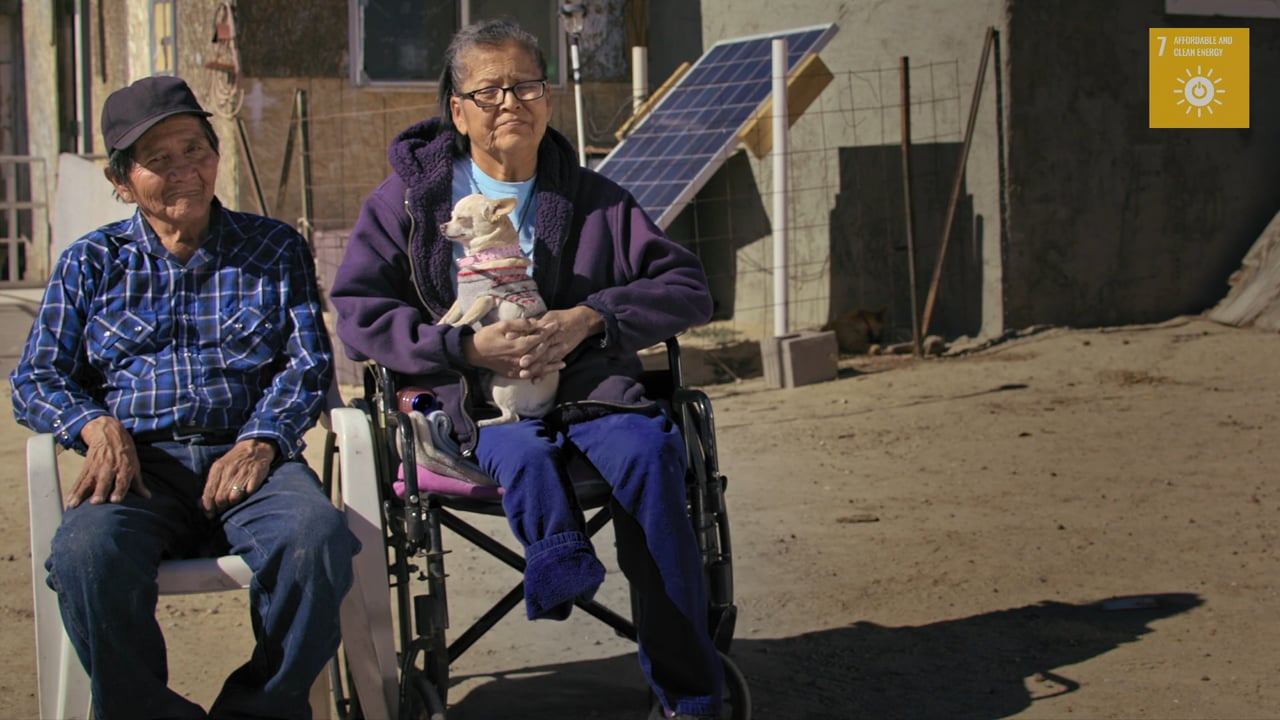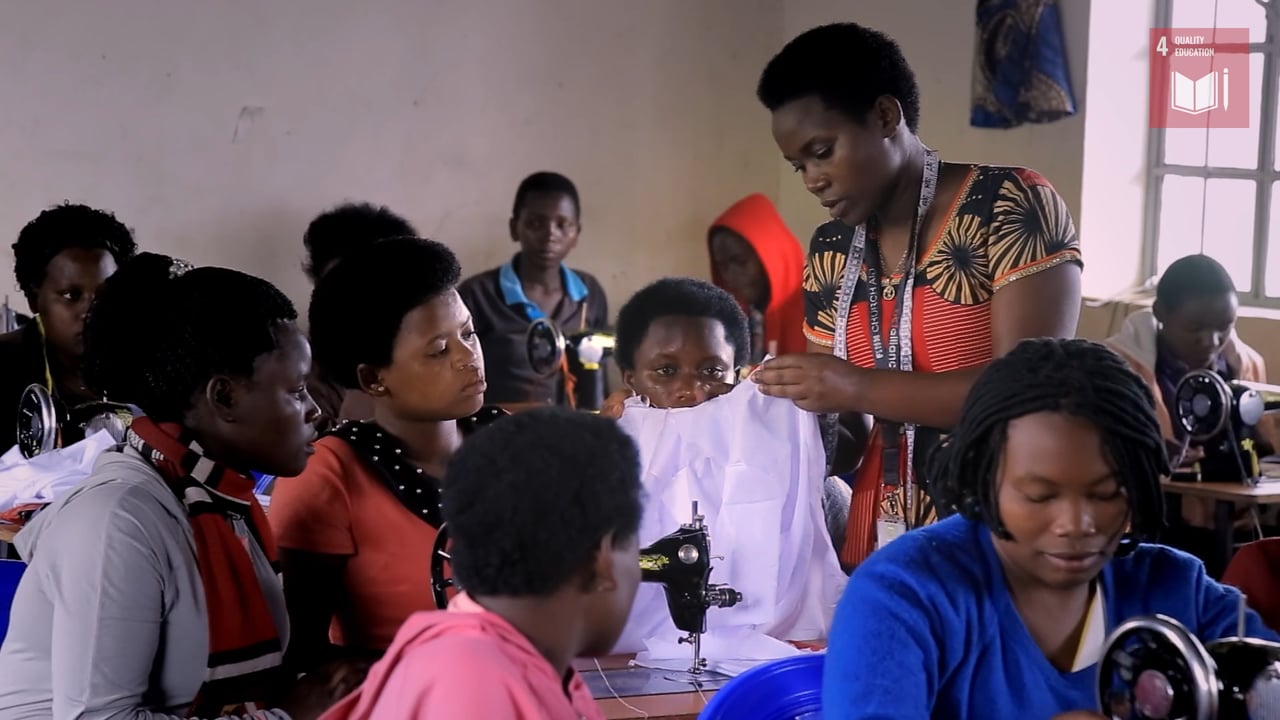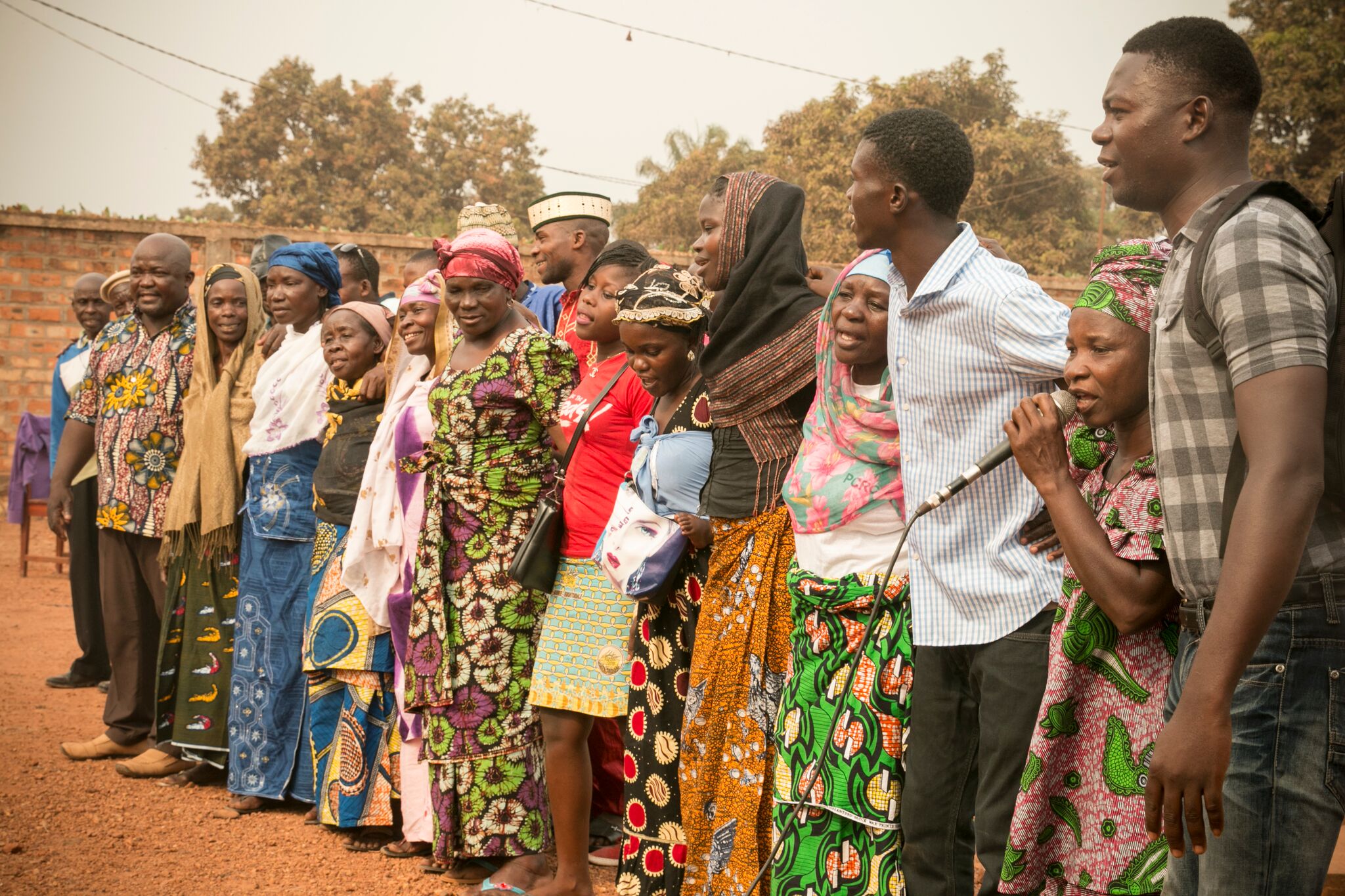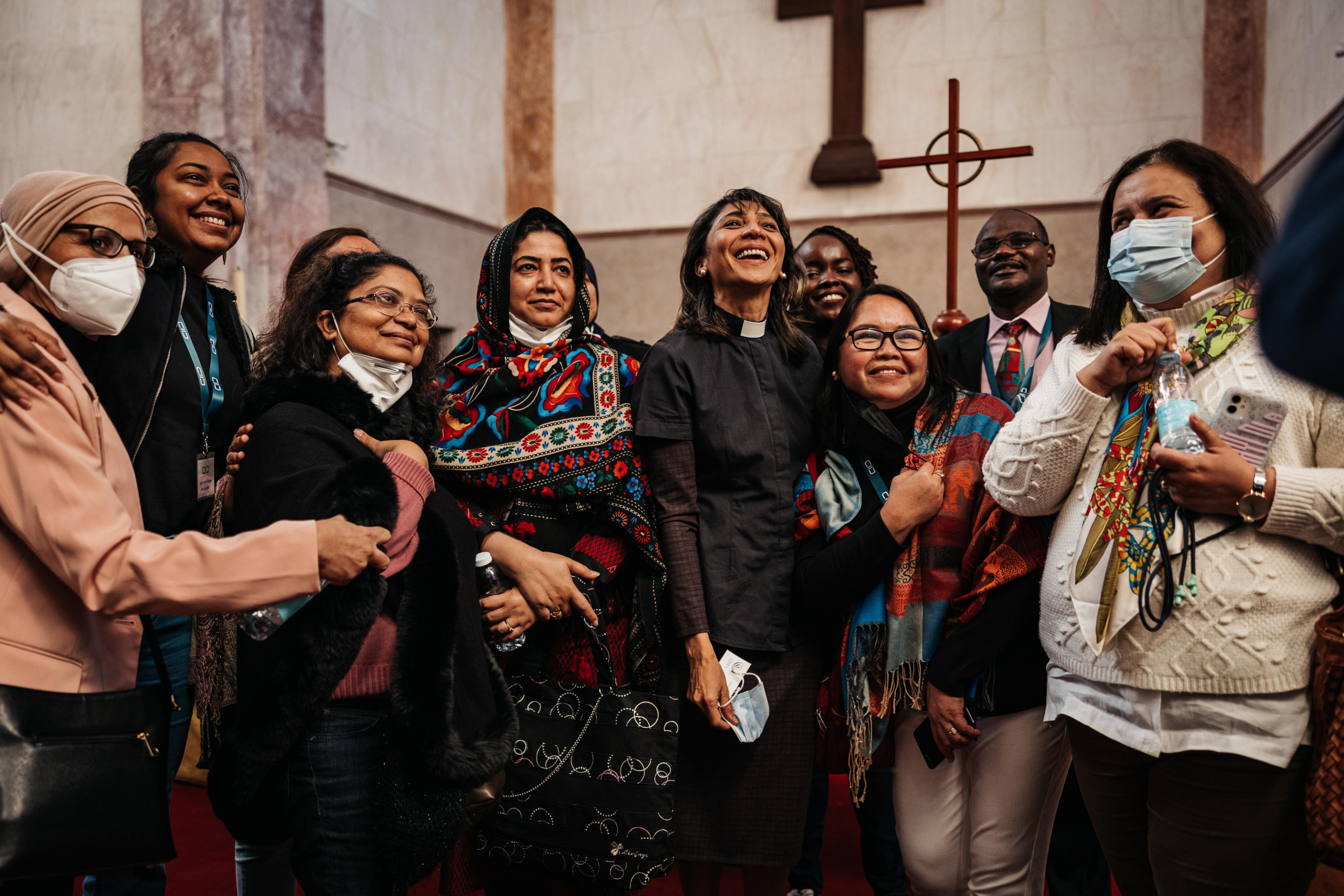Dialogue Voices
The Dialogue Voices are personal accounts of interreligious commitment and experience. They show approaches to, and forms of, interreligious dialogue, and its impact and context on a local, national, or global level. They represent a cross-section of dialogue experiences and its impact worldwide.
New Mexico: Renewable Energy
Energy powers our world. It moves food and water to nourish communities, charges medical devices that save lives, illuminates homes and cities so we can study and work at night, and keeps billions of people connected online. Harnessing these miracles of energy has propelled many societies forward, but not without consequences. Too often energy “progress” devastates local environments and forces heavy costs onto vulnerable communities who reap few of the benefits.
Consider smartphones. This modern technology contains precious metals extracted from Sub-Saharan Africa, yet most of the region and 800 million people worldwide can’t access electricity to use them. 2.8 billion people lack clean cooking fuels and tools, resulting in 2.5 million premature deaths each year from cooking smoke and household air pollution. Only 17 percent of global energy consumption now comes from renewable sources, not nearly enough to meet long-term climate goals at projected growth rates.
Over-reliance on dirty energy impedes all sustainable development goals. Responsibly implementing clean and affordable energy solutions today will improve billions of human lives and help shield future generations from climate change’s worst effects. This will benefit all life, protecting delicate ecosystems and promoting biodiversity below water and on land.
Goal 7 aims to ensure affordable, reliable, sustainable, and modern energy for all. This means universal access to electricity and clean fuel technology. To succeed, UN bodies and partners are working with local communities to shift energy consumption to renewable sources and improve overall efficiency. This will require better international cooperation and greater investment in clean energy technology and infrastructure, especially in developing countries.
Religious institutions and faith-based organizations have good reason to champion affordable clean energy. For humans, it promises greater dignity, opportunity, and equality, moral principles that unite and transcend belief systems. For Earth, it promises a healthier environment, advancing our common duty to act as good stewards of divine creation.

Uganda: Linking Learning to Earning
Quality education promises today’s youth a better tomorrow. It prepares them with the necessary skills to create positive change that will advance sustainable development for years to come. Yet for more than a billion people, this fundamental human right remains out of reach.
Even before the COVID-19 pandemic wreaked havoc on global education and exacerbated inequalities between rich and poor countries and households, more than 750 million adults remained illiterate and more than 250 million children were out of school. More than half of those in school were not meeting minimum proficiency standards in reading and maths.
COVID safety concerns have forced schools to close for 90 per cent of the world’s students. At least 500 million educationally displaced youth still lack remote learning capabilities due to the digital divide and other structural disadvantages. The UN estimates that more than 200 million children will still be out of school by 2030.
This mass exclusion has a profound negative impact on learning outcomes and the social and behavioural development of children and young people, especially those living in remote areas, extreme poverty, fragile states, refugee camps, and other vulnerable communities. The adverse effects of inadequate education last a lifetime and often spill over into future generations, severely limiting human potential.
Goal 4 aims to ensure inclusive and equitable quality education and promote lifelong learning opportunities for all. To succeed, UN bodies and partners are working with local communities to ensure that all children have access to early childhood development, care, and pre-primary education and that they go on to complete free primary and secondary school. Thereafter all learners should have equal access to affordable and quality technical, vocational, and tertiary educational opportunities where they can develop relevant skills for decent employment. Along the way they should acquire the knowledge and skills needed to promote sustainable development. Achieving these targets will require better schools with better facilities, more scholarships, and more qualified teachers. This should result in improved literacy, numeracy, and parity among learners.



